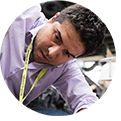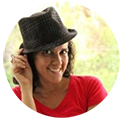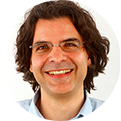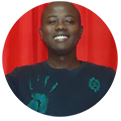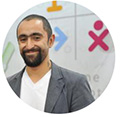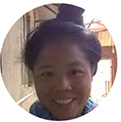The IDDS Steering Committee is the collective spirit, conscience, memory, and voice for IDDS. Specifically, the committee perform the following functions and responsibilities:
- Solicit, review, and approve applications to host IDDS around the globe;
- Serve as mentors from ideation to evaluation of an IDDS, advising future organizers on best practices around curriculum, projects, participants, organizer teams, community relationships, and logistics;
- Create and facilitate opportunities for cross-learning and collaborationacross summits for, maintaining a network of summit alumni around the world;
- Serve as the gatekeepers for the IDDS brand and identity, and also as the main points of contact for questions about IDDS;
- Collect, analyze, and share actionable key lessons learned across summits as well as similar programs and models to improve the reach and impact of IDDS; and
- Share the IDDS spirit and approach with a wide variety of stakeholders across the globe.
IDDS Steeting Committee Members:





